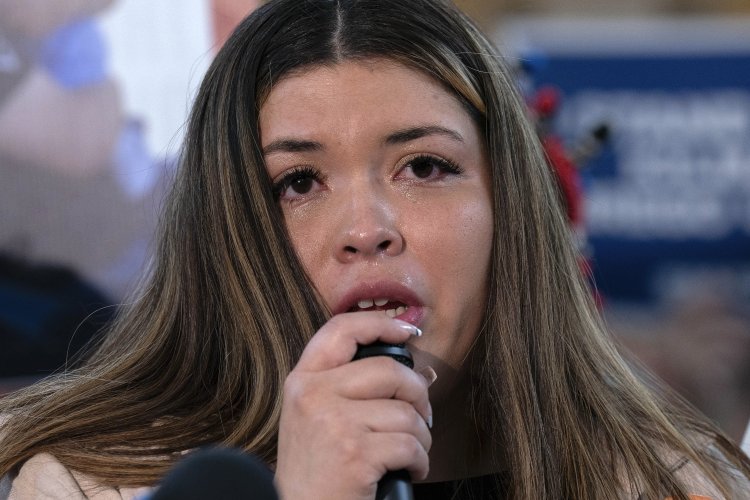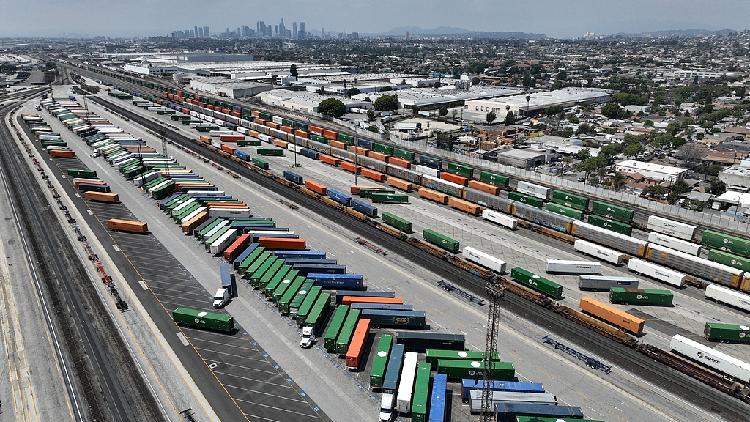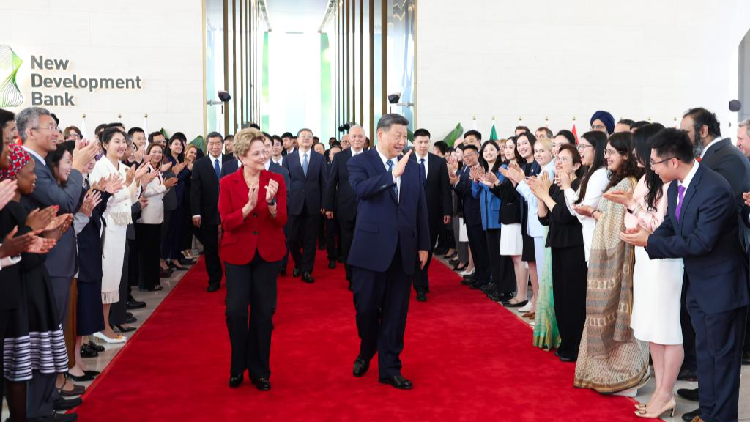John Roberts Extends Midnight Deadline for US to Repatriate Man Incorrectly Deported to El Salvador
The temporary order issued by the chief justice aims to provide the Supreme Court with additional time to deliberate on the next steps in the case.

Roberts' action came shortly after the Trump administration submitted an emergency appeal against a directive from a district judge requiring U.S. officials to bring Abrego Garcia back. The administration had deported him despite a 2019 immigration judge's ruling that he should not be sent back to El Salvador due to the likelihood of facing persecution.
The Chief Justice issued a brief administrative order that postponed the 11:59 PM EDT deadline set by U.S. District Judge Paula Xinis for Abrego Garcia's return, which the Trump administration had described as “impossible” to meet.
This order from Roberts does not reflect a decision on the core legal questions of the case; it is meant to allow the Supreme Court additional time to deliberate on potential next steps.
The government admitted that deporting Abrego Garcia constituted an “error” that violated the 2019 ruling, but contends that courts lack the authority to order his return now that he is in El Salvador, where he is reportedly being held in a notorious mega-prison designed for gang members.
In a brief submitted earlier on Monday, Solicitor General John Sauer requested the justices to block Xinis’ order, labeling it “unprecedented and indefensible.”
Attorneys for Abrego Garcia countered, urging the Supreme Court to uphold Xinis’ order. They stated, “He sits in a foreign prison solely at the behest of the United States, as the product of a Kafka-esque mistake,” in response to Sauer’s appeal.
According to the government, Abrego Garcia entered the U.S. without authorization around 2011. His lawyers assert that he has no criminal record in this country or any other. Prior to his swift deportation in March, he had lived in Maryland for several years with his U.S. citizen wife and children, working as a sheet metal worker and attending regular check-ins with immigration authorities.
While the Trump administration has alleged Abrego Garcia is affiliated with the MS-13 gang, it has presented minimal evidence for this claim, which has been dismissed by multiple lower-court judges. His attorneys contend that he fled gang violence when he migrated to the U.S., a claim validated by an immigration court in 2019 that prohibited his deportation to El Salvador.
“Abrego Garcia has lived freely in the United States for years, yet has never been charged for a crime,” his legal team stated. “The Government’s contention that he has suddenly morphed into a dangerous threat to the republic is not credible.”
Roberts' stay followed a unanimous decision by a three-judge panel of a federal appeals court, which rejected the administration's bid to pause Xinis’ order.
“The United States Government has no legal authority to snatch a person who is lawfully present in the United States off the street and remove him from the country without due process,” wrote 4th Circuit Court of Appeals Judge Stephanie Thacker, an Obama appointee, in an opinion concurred by Judge Robert King, a Clinton appointee. “The Government’s contention otherwise, and its argument that the federal courts are powerless to intervene, are unconscionable.”
J. Harvie Wilkinson, a Reagan appointee, issued a separate concurring opinion, stating that the administration's stance regarding Abrego Garcia represents “a path of perfect lawlessness.”
“The facts of this case … present the potential for a disturbing loophole: namely that the government could whisk individuals to foreign prisons in violation of court orders and then contend, invoking its Article II powers, that it is no longer their custodian, and there is nothing that can be done,” Wilkinson remarked.
Though he voted with the other judges to deny the Trump administration’s request to suspend the lower court's order, Wilkinson expressed concern about courts intervening in diplomatic issues. He interpreted the order to imply that the U.S. government must take steps to “facilitate” Abrego Garcia’s return.
Jessica Kline for TROIB News












